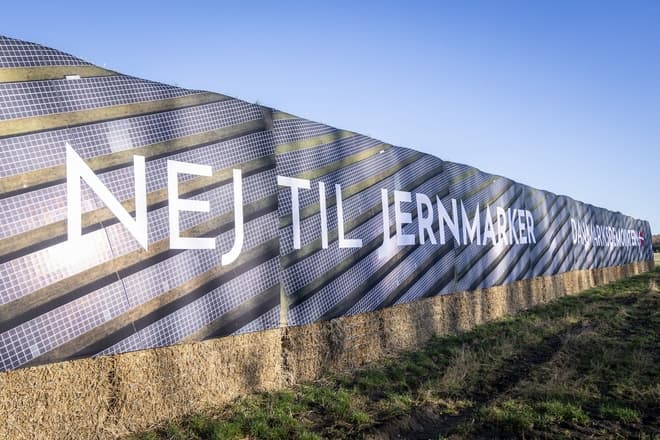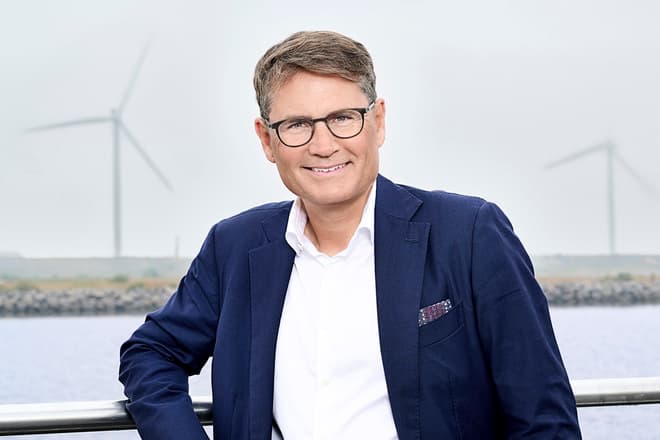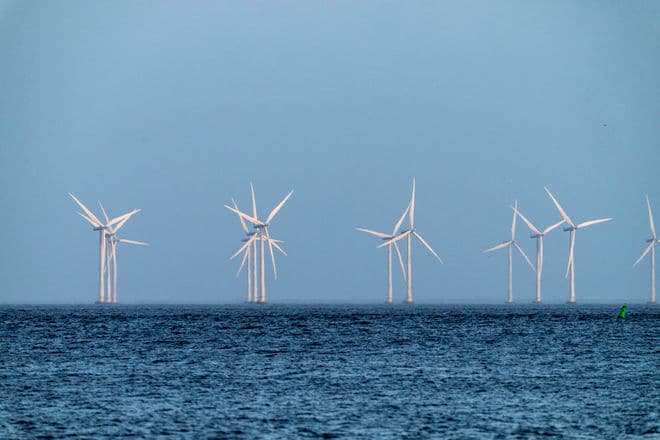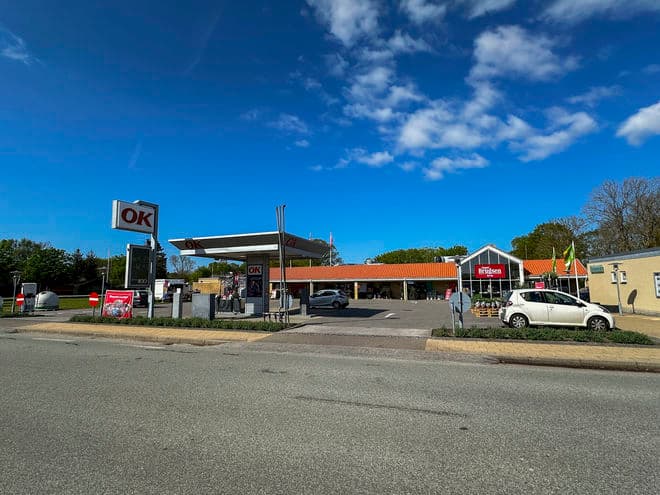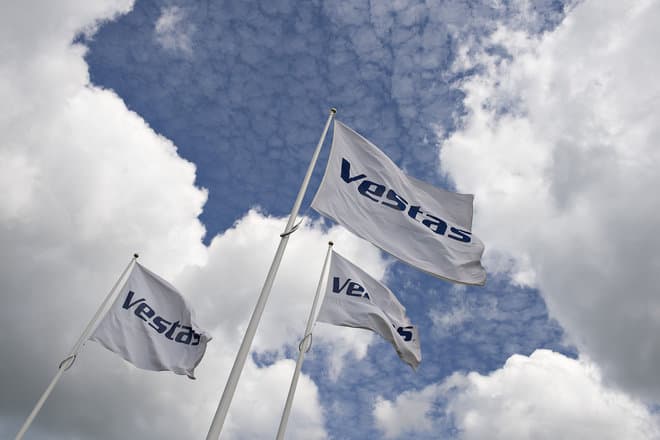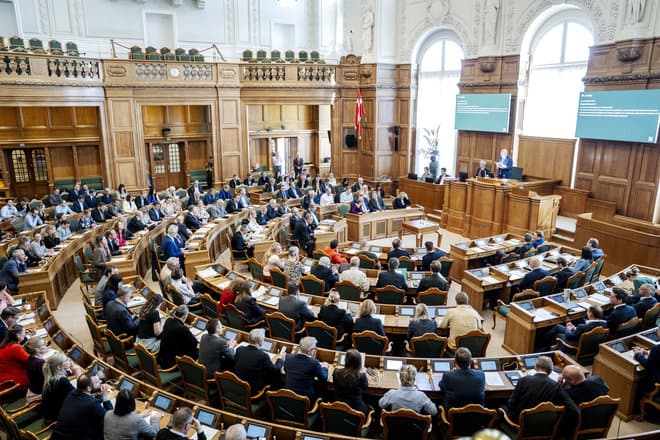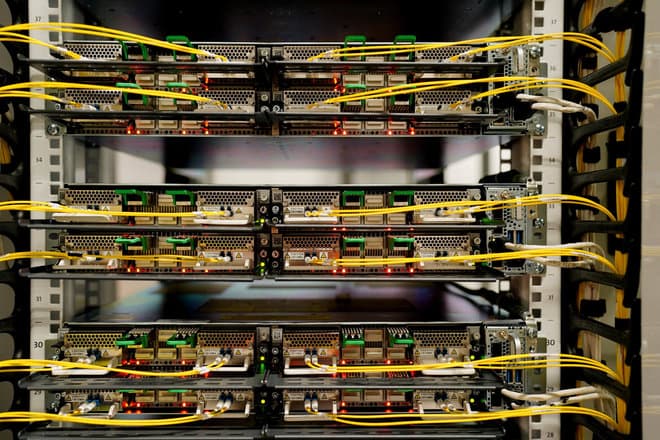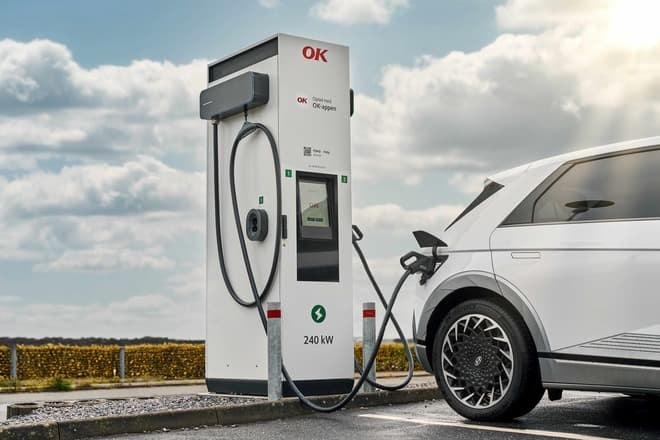Energinets' method for charging tariffs from electricity producers has now received partial approval from the Danish Electricity Supply Authority after the company has made a number of changes to the tariff structure and geographical division. The authority announced this in a statement.
The adjustments are based on experience with the method, which was introduced on 1 January 2023. A key change is the abolition of geographical differentiation in the feed-in tariff. In future, all producers will pay the same rate, regardless of the location of the plant or the level of grid connection.
In addition, the geographical division, which has so far been based on postal codes, will be changed to instead be based on the connection point of the individual plant. According to Energinet, the previous method has resulted in some areas being incorrectly assessed as consumption-dominated or having a production surplus, when the reverse could be the case.
However, in connection with the partial approval, the Danish Electricity Supply Authority has also issued a reprimand to Energinet for having put the method without geographical differentiation into use from the beginning of 2025 - i.e. before it had been approved. This is in breach of the Electricity Supply Act.
The Danish Electricity Supply Authority also states that the approval of the adjustments to the tariff structure does not cover Energinet's proposal to repeal the exemption from connection fees for self-producers with an output of up to 50 kW. The Danish Electricity Supply Authority assesses that Energinet has not provided sufficient documentation for the cost basis of the change.
amp
Text, graphics, images, sound, and other content on this website are protected under copyright law. DK Medier reserves all rights to the content, including the right to exploit the content for the purpose of text and data mining, cf. Section 11b of the Copyright Act and Article 4 of the DSM Directive.
Customers with IP agreements/major customer agreements may only share Danish Offshore Industry articles internally for the purpose of handling specific cases. Sharing in connection with specific cases refers to journaling, archiving, or similar uses.
Customers with a personal subscription/login may not share Danish Offshore Industry articles with individuals who do not themselves have a personal subscription to Danish Offshore Industry.
Any deviation from the above requires written consent from DK Medier.



